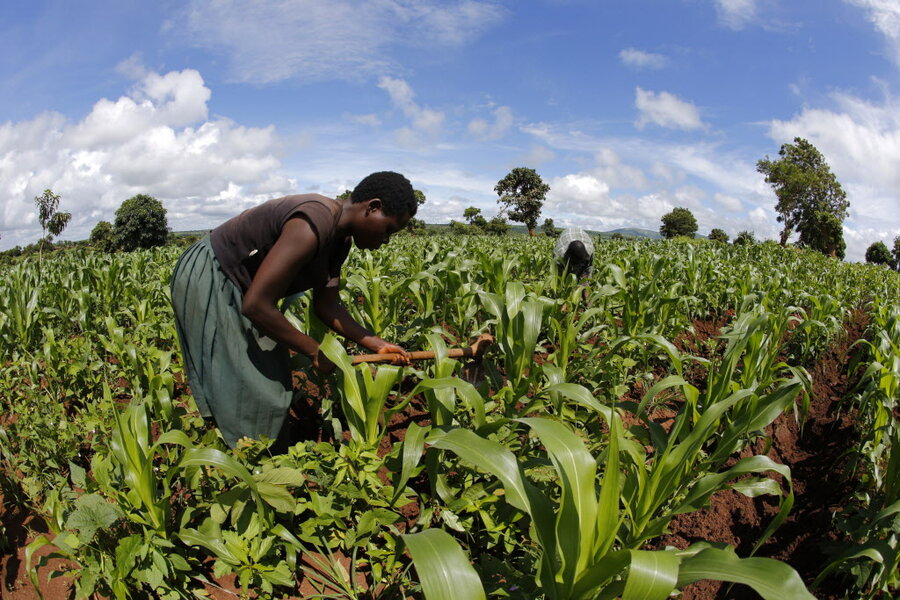How eating local provides a big boost in emergency situations
Loading...
Local procurement, using local or regional goods for the provision of food aid during an emergency, is faster, more affordable, and overwhelmingly preferred by recipients. But local procurement can also improve local standards for food quality, providing an important impact on long-term development for countries experiencing hunger.
Christopher Barrett, an economist at Cornell, led a study that found several benefits of local procurement— some expected and others less so. Barrett and his collaborators looked at various pilot projects in Niger, Zambia, Bangladesh, and Guatemala to test the feasibility of buying food aid locally. Their inclusion of countries where food aid arrived by foreign and local procurement provided for a side-by-side comparison. They found that when food aid was locally procured, it arrived more quickly and affordably, as expected. What they did not expect, Barrett explained in an interview with National Public Radio (NPR), was that "By almost any criterion, households much prefer the locally sourced food.”
In 2014, President Obama signed into law reforms that would allow for an increase in local procurement in countries receiving assistance from the U.S. and “a pilot program created in the 2008 farm bill to study the effectiveness of purchasing food aid locally and regionally [would] be continued as a full program with modestly increased funding to US$80 million per year.” According to Oxfam America, “this provision could help reach more than 1.8 million additional people with life-saving aid at no additional cost to taxpayers.”
Furthermore, Oxfam explained that food aid reform doesn’t just make economic sense, it also adds to market demand in the countries receiving assistance as well. Over the past five years, the World Food Programme’s Purchase for Progress (P4P) initiative, which supports smallholder farmers “to market their crops collectively through farmers’ organizations to access formal markets and earn better prices,” has found that local procurement can be carried out with minimal market distortion and an overall improved quality of goods. Local procurement isn’t a short-term fix- it also leaves a lasting impression on the community that has the potential to raise local standards.
This article first appeared at FoodTank.





